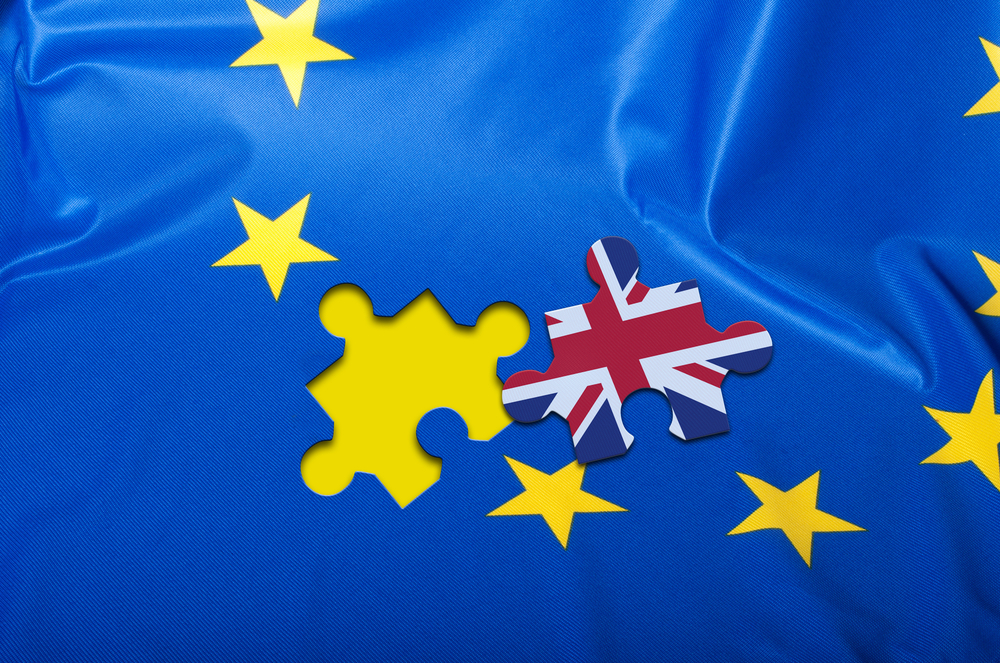Experienced Investor
Chancellor promises Brexit ‘deal dividend’ as UK teeters on brink

Chancellor Philip Hammond has agreed to free up more of the public’s finances to spend on public services and tax cuts if MPs vote in favour of leaving the European Union (EU) with a deal.
The chancellor called this the “deal dividend” as he made a plea to MPs in the House of Commons to overcome their political differences and reach a compromise by agreeing to leave the EU with a deal over the coming weeks.
“Leaving with ‘no deal’ would mean significant disruption in the short and medium-term – and a smaller, less prosperous economy in the long-term than if we leave with a deal. Higher unemployment, lower wages, higher prices in the shops: that is not what the British people voted for in June 2016,” Hammond told the House of Commons in his Spring Statement speech.
The chancellor pointed to forecasts made by the Office for Budget Responsibility (OBR), the government’s fiscal watchdog, for government borrowing to fall from £29.3bn in 2019-20 to £13.5bn in 2023-2024. This would represent the lowest level recorded in 22 years.
This would leave the government with £26.6bn of headroom against its requirement to ensure the structural budget deficit stands below 2% of GDP in 2020-21, representing an increase from £15.4bn in October.
Government spending and lower taxes
Hammond said that if the UK has a smooth and orderly exit from the EU, the government will be provided with “real choices” about how much money can be spent on public services and tax cuts, as less money will go towards no deal contingencies.
If the UK leaves the EU with a deal the chancellor said the government will examine departmental spending in a three-year spending review, where it will consider budgets for services such as social care, local government and police.
Hammond said he was disappointed by last night’s defeat in the House of Commons for prime minister Theresa May’s latest Brexit plan. Nevertheless, he remains hopeful that a deal can be agreed over the coming weeks.
“Today the economy is fundamentally robust, but the uncertainty I hoped we would lift last night still hangs over us. We can’t allow that to continue. It is damaging our economy and it is damaging our standing and reputation in the world. Tonight we have a choice: we can remove the threat of an imminent no deal exit hanging over our economy.
“Tomorrow, we will have an opportunity to map out a way forward towards building a consensus across this house for a deal we can collectively support to exit the EU in orderly way,” he concluded.